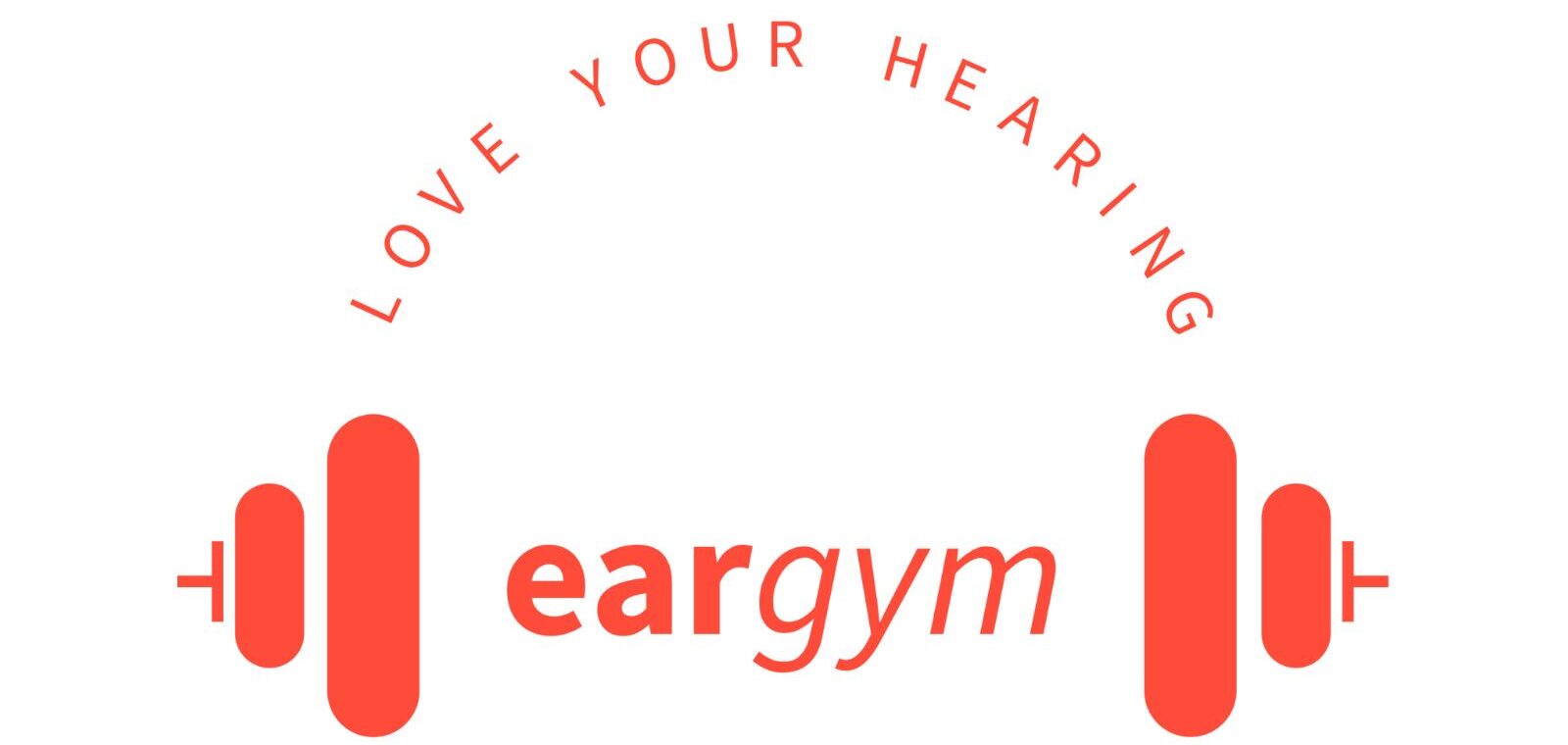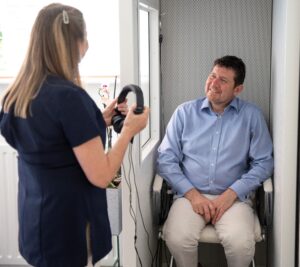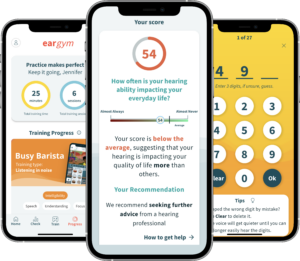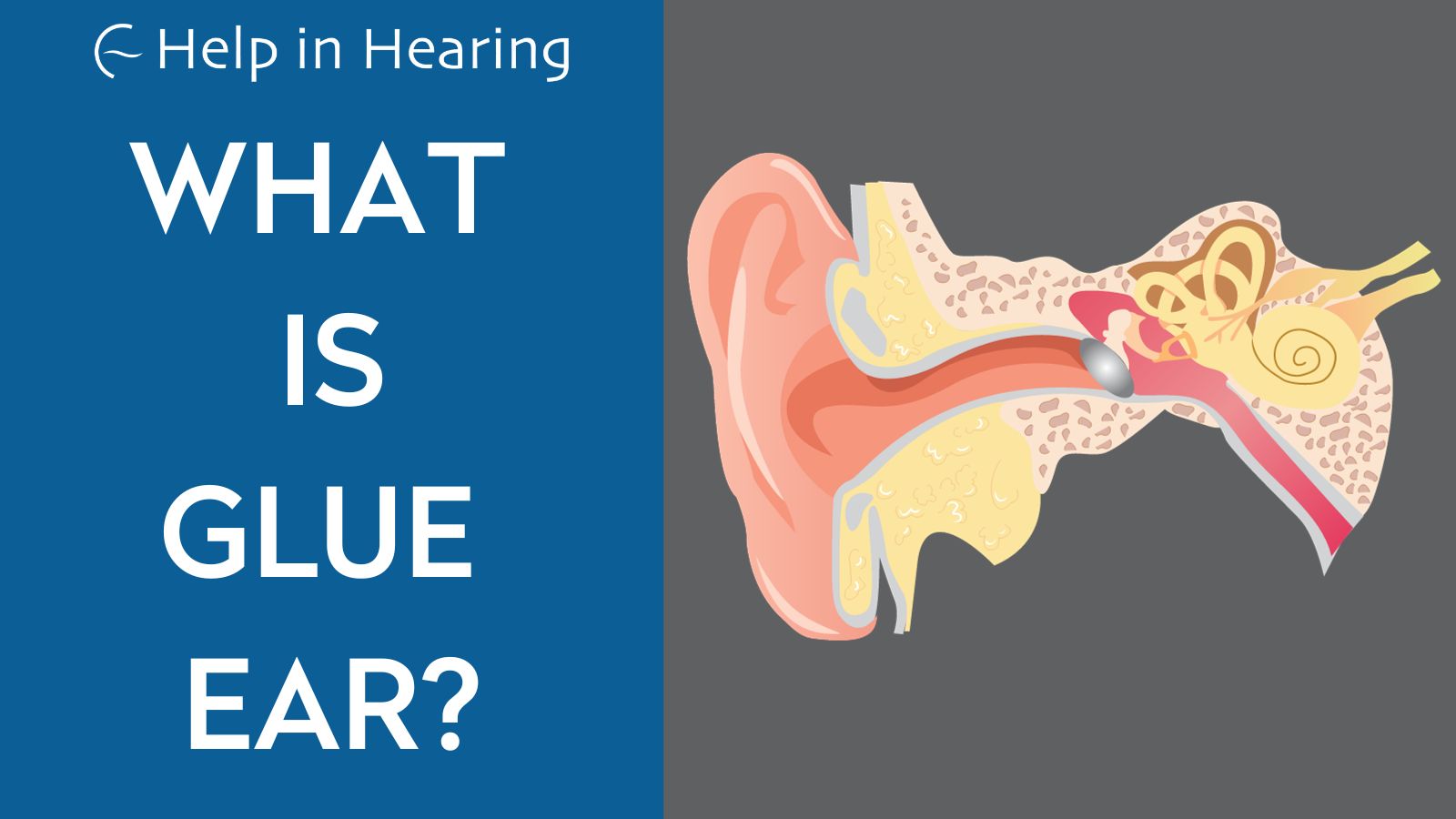
Auditory Processing and Auditory Training
What is Auditory Processing?
Auditory processing is the ability to make sense of and interpret sounds that we hear. This means that the brain needs to identify the sounds that it is hearing, analyse them and make meaning from them.
There are several parts to Auditory Processing such as the ability to “tune in” to different auditory inputs (e.g., different conversations in a busy room), remembering different sounds and being able to recall them, and the ability to understand different speech sounds – this is known as speech discrimination. Auditory processing, is therefore, different to audibility which is the awareness that there is a sound present.
 Explains Senior Audiologist Wendy Davies: “At Help in Hearing, we test both audibility i.e., the degree of hearing loss by performing a pure tone audiogram (pressing a button when a tone is heard), and speech discrimination (repeating single words played through headphones). Doing both tests gives us more information, enabling our audiologists to predict how well a client will hear if aided, and if additional devices such as a TV streamer or remote microphone may be required. Hearing aids can increase the volume of sound to overcome the degree of hearing loss, but they cannot change speech discrimination i.e., the way that sound is processed by an individual”.
Explains Senior Audiologist Wendy Davies: “At Help in Hearing, we test both audibility i.e., the degree of hearing loss by performing a pure tone audiogram (pressing a button when a tone is heard), and speech discrimination (repeating single words played through headphones). Doing both tests gives us more information, enabling our audiologists to predict how well a client will hear if aided, and if additional devices such as a TV streamer or remote microphone may be required. Hearing aids can increase the volume of sound to overcome the degree of hearing loss, but they cannot change speech discrimination i.e., the way that sound is processed by an individual”.
Cognition plays a part in how well we hear
However, Wendy also explains that listening in noisy places or groups can still be challenging for those with good speech discrimination. “This is because cognition also plays a part in how well we hear, she says, “As we get older, we experience cognitive changes which result in a slowing of our brain processing speed and memory. This can affect our selective attention which makes it harder to focus on specific information, in particular the person we want to be able to hear in a noisy environment.
Cognitive decline also affects our working memory which makes it harder to use information without losing track of what we are doing i.e., to hear long conversations fully”.
As mentioned, hearing aids alone cannot solve all these problems, but there is growing evidence that we can exercise our hearing to improve our listening skills and ability to hearing in more complex listening situations.
eargym for auditory training
 These exercises are known as Auditory Training and there are several tools available. The one that Wendy is most familiar with and recommends to her clients is eargym (www.eargym.world) which is available as an App for Apple and Android devices. There is a lifetime cost of £9.99 which is paid after a free trial. The auditory training from the App should ideally be used with headphones.
These exercises are known as Auditory Training and there are several tools available. The one that Wendy is most familiar with and recommends to her clients is eargym (www.eargym.world) which is available as an App for Apple and Android devices. There is a lifetime cost of £9.99 which is paid after a free trial. The auditory training from the App should ideally be used with headphones.
eargym consists of 4 games which develop three listening skills of detecting sound, localisation, discrimination (type of sound) and intelligibility of speech in noise. Research has shown that consistent use of auditory training improves the ability to hear speech in noisy situations.
Wendy says that her favourite game is Busy Barista where the player takes the part of the coffee barista in a coffee van.

Various people come to the van to order coffee or cakes. The objective is to serve customers the correct food and drink order as the surrounding background noise becomes louder. She comments: “I enjoy exercising my hearing and have been playing the game for some time and my score is improving as I become better at understanding speech in noise. None of the games take too long and on average you need to allow 15- 20 minutes per day”.
Wendy stresses that auditory training will not improve hearing thresholds or make your hearing closer to normal again, but it can help improve understanding of speech and hearing in background noise”.




This Post Has 0 Comments